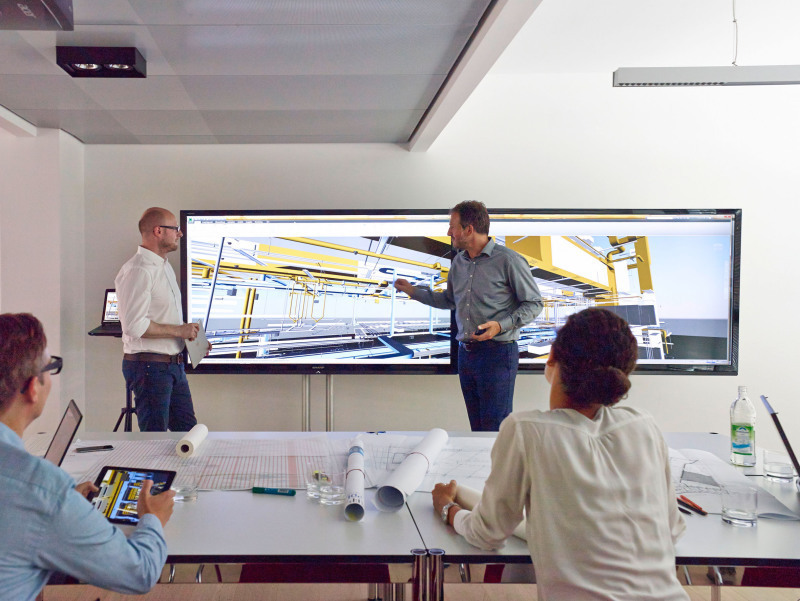Building Information Modeling (BIM) has become a transforming agent in the fast-changing field of architecture, changing the way builders create, coordinate, and present projects. A bim training course is becoming more and more important for architects trying to remain competitive and creative as the sector keeps embracing technological developments.
Enhancing Design Efficiency
Improvement in design efficiency is one of the main advantages of BIM training. Many times, traditional architectural techniques follow fractured systems that could cause mistakes and poor communication. BIM helps architects produce thorough 3D models including all facets of a building’s design, thereby simplifying these procedures. By means of BIM training, architects acquire advanced software tools, enabling more integrated visualization of projects.
Fostering Collaboration
In a time when effective project delivery depends on teamwork, BIM training gives architects the tools they need to function in interdisciplinary teams. BIM helps architects, engineers, contractors, and clients to share information in real time, therefore fostering a cooperative environment. Many times, training courses stress the need for communication and teamwork for the BIM process. Architects can participate more actively in conversations, offer insightful analysis, and help to create a more coherent project vision as they grow competent in these cooperative techniques.

Improving Project Sustainability
Modern architecture gives sustainability top priority, and producing environmentally friendly designs depends much on BIM training. From the early design phases, BIM allows architects to examine the energy performance, material use, and general environmental impact of a structure. Training courses center on how to use BIM for sustainability evaluations, therefore guiding architects toward decisions consistent with green building codes.
Adapting to Industry Trends
Driven by technical developments and changing customer expectations, the architecture sector is always changing. Through arming architects with the most recent skills and knowledge, BIM training helps them keep ahead of current developments. Architects that make investments in BIM training will be more suited to adapt and create as the sector uses digital tools and approaches more and more Navigating the complexity of contemporary architectural projects and satisfying the several needs of clients depends on this flexibility.
Modern architects cannot afford to overlook bim training course; it is a need. Bim training helps architects to realize their best by raising design efficiency, encouraging teamwork, boosting project sustainability, and allowing flexibility to follow industry trends. Accepting this course guarantees that architects are not only ready to meet the demands of the architectural scene of today but also ready to help define the direction of the profession.







